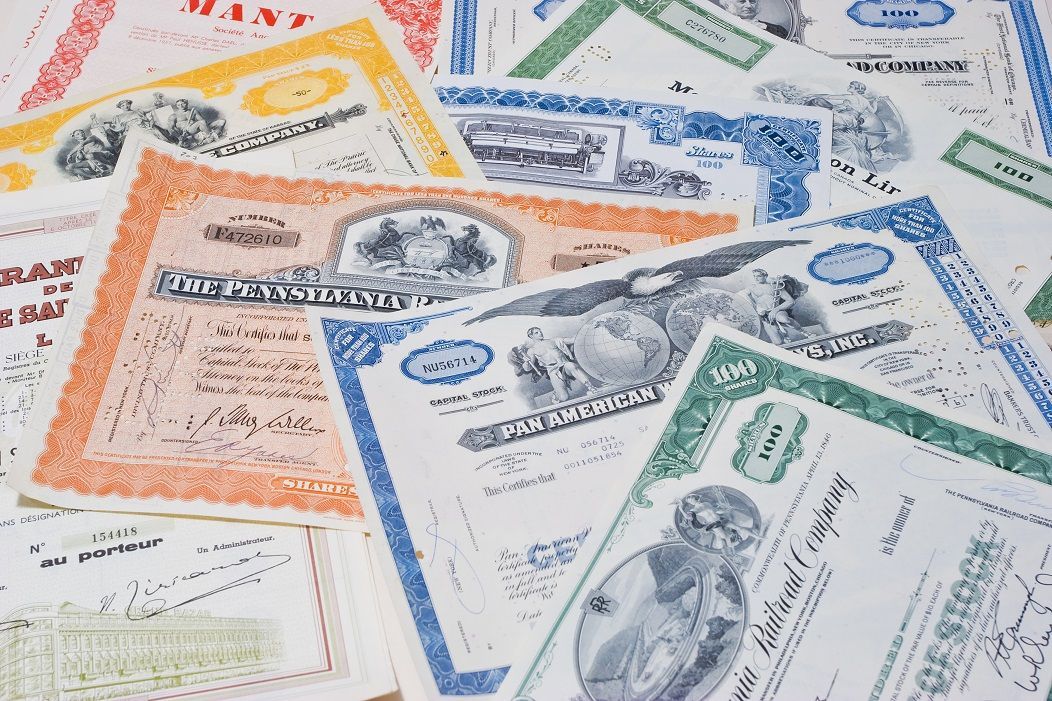From Pikachu to Blockchain: Inside Pokémon's $250M Digital Revolution
The world's most beloved franchise is making its move into Web3, and Singaporeans are watching the market closely as digital collectibles reshape gaming economics
The Stealth Entry That Rocked Markets
In April 2025, eagle-eyed crypto enthusiasts noticed something peculiar in Pokémon HOME's updated privacy policy. Buried amongst the usual legal jargon was a new name: Parasol Technologies. What seemed like routine corporate housekeeping turned out to be the opening salvo in Pokémon's carefully orchestrated entry into Web3 gaming—and the market took notice immediately.
The Sui blockchain's native token surged an extraordinary 72% following the revelation, climbing from $2.20 to peak at $3.55 within days of the announcement. As of June 2025, SUI is trading at approximately $3.47 USD, maintaining strong momentum despite broader market volatility.
What makes this development particularly intriguing is its stealth-like execution. Parasol Technologies, described as "a team of Japanese and American gaming experts," was quietly acquired by Mysten Labs—the powerhouse behind Sui blockchain—in March 2025. The acquisition flew under the radar until the privacy policy update sparked speculation about Pokémon's blockchain ambitions.

Digital Medals: The NFT That Doesn't Say NFT
The first tangible product of this collaboration has materialised as "Digital Souvenirs"—collectable medals within Pokémon HOME that players can earn by visiting real-world locations and participating in events. Whilst Pokémon hasn't explicitly labelled these as NFTs, the underlying technology suggests otherwise.
These digital medals represent a masterclass in Web3 onboarding without the associated stigma. By avoiding blockchain terminology entirely, Pokémon has managed to introduce millions of users to digital ownership concepts without triggering the resistance that often accompanies NFT launches.
"This kind of silent rollout mirrors broader industry trends," notes a report from Altcoin Buzz. "Take Square Enix, the gaming giant behind Final Fantasy, which began integrating blockchain elements into games like Symbiogenesis without much fanfare."

Singapore's Web3 Gaming Renaissance
For Singaporean investors and gaming enthusiasts, Pokémon's blockchain debut comes at a particularly opportune moment. Singapore has positioned itself as a leading hub for Web3 gaming development, with current projections showing the annual gaming revenue reaching over USD 7.3 billion by the end of 2025, according to industry analysts from Niko Partners.
The city-state's regulatory sandbox approach has attracted numerous Web3 gaming startups, creating a robust ecosystem that benefits from major franchise entries like Pokémon. Local gaming companies are already exploring how they might leverage similar blockchain integration strategies.
"Countries like Singapore and UAE continue to attract Web3 startups with regulatory sandboxes and tax incentives," explains a recent analysis. This regulatory clarity has made Singapore particularly attractive for companies looking to bridge traditional gaming with blockchain technology.
The Economics of Digital Collectibles
Whilst specific pricing data for Pokémon's digital medals remains undisclosed, the broader NFT collectibles market provides context for potential valuations. High-end Pokémon trading cards have consistently commanded premium prices, with some rare cards selling for hundreds of thousands of dollars.
A recent auction saw a Pokémon card tokenised as an NFT on Polygon blockchain fetch $250,000, demonstrating the market's appetite for premium digital Pokémon collectibles. This precedent suggests that officially licensed Pokémon NFTs could command significant premiums.
The revenue model appears particularly clever. Rather than charging upfront minting fees, Pokémon has integrated collectible acquisition into existing gameplay mechanics, potentially generating revenue through increased engagement and secondary market transactions.

Market Reactions and Future Implications
The market's response to Pokémon's blockchain integration has been overwhelmingly positive. Beyond SUI's impressive price performance, the announcement has reinvigorated interest in gaming-focused blockchain projects across the board.
Grayscale's recent launch of the Grayscale SUI Trust provides institutional investors with regulated exposure to the token, potentially amplifying the impact of Pokémon-related developments. This institutional infrastructure could prove crucial as major brands increasingly explore blockchain integration.
For Singaporean retail investors, the development presents both opportunities and considerations. The SUI token's volatility—whilst providing substantial upside potential—also carries significant downside risk. Current price predictions suggest SUI could reach $5 if momentum builds, though analysts also warn of potential downside to $3.
The Broader Web3 Gaming Landscape
Pokémon's entry validates the growing maturity of Web3 gaming infrastructure. The franchise's choice of Sui blockchain over more established options like Ethereum suggests confidence in newer, more scalable solutions designed specifically for gaming applications.
This trend aligns with broader developments in Asia's Web3 gaming sector. With a gaming market already valued at over $175 billion and projected for continued growth, Asia has emerged as a powerhouse in the Web3 gaming revolution.
Singapore's role as a regional Web3 hub positions local investors and developers to benefit from this broader trend. The success of Pokémon's blockchain integration could encourage other major franchises to follow suit, potentially creating additional investment opportunities.

Looking Forward: Implications for Traditional Gaming
Perhaps most significantly, Pokémon's approach demonstrates how established gaming companies can integrate blockchain technology without alienating existing audiences. By focusing on enhanced gameplay experiences rather than speculative trading, the implementation sidesteps many criticisms traditionally levelled at gaming NFTs.
This methodology could become the blueprint for other major gaming franchises considering blockchain integration. Rather than forcing users to understand cryptocurrency mechanics, successful implementations will likely focus on seamless user experiences that happen to be blockchain-powered.
For Singaporean gamers and investors, Pokémon's Web3 debut represents more than just another NFT launch—it's a signal that mainstream gaming's blockchain future has arrived. Whether this translates into sustained market growth will depend on execution, but early indicators suggest that the world's most beloved gaming franchise has found a way to make blockchain technology truly accessible.
The integration of Pokémon with blockchain technology through Sui represents a watershed moment for both industries. As digital ownership becomes increasingly mainstream, Singapore's position as a Web3 gaming hub looks set to benefit from this convergence of traditional entertainment and decentralised technology.
Let us know what you think about this topic, and what do you want to hear next.
You can now be our community contributor and make a pitch to have your favourite personality be on our show.
Join our community group and drop us your insights on this topic.

-4.png?width=50&name=Square%20(2)-4.png)



-2.png?height=200&name=2024%20website%20assets%20(1)-2.png)




Let us know what you think of this post